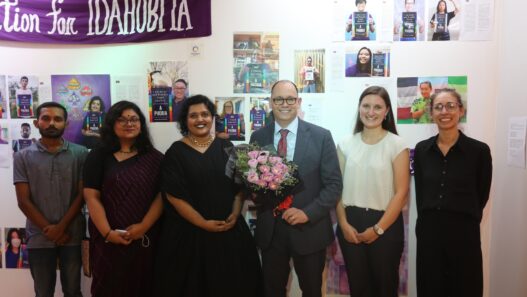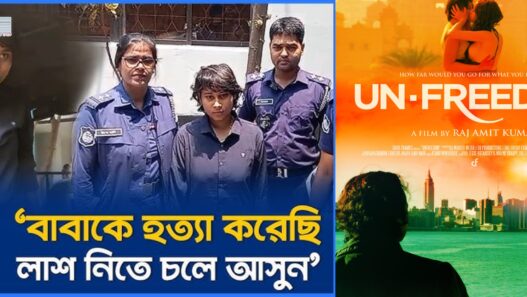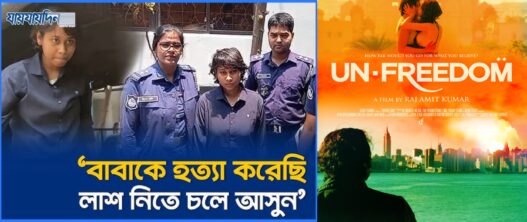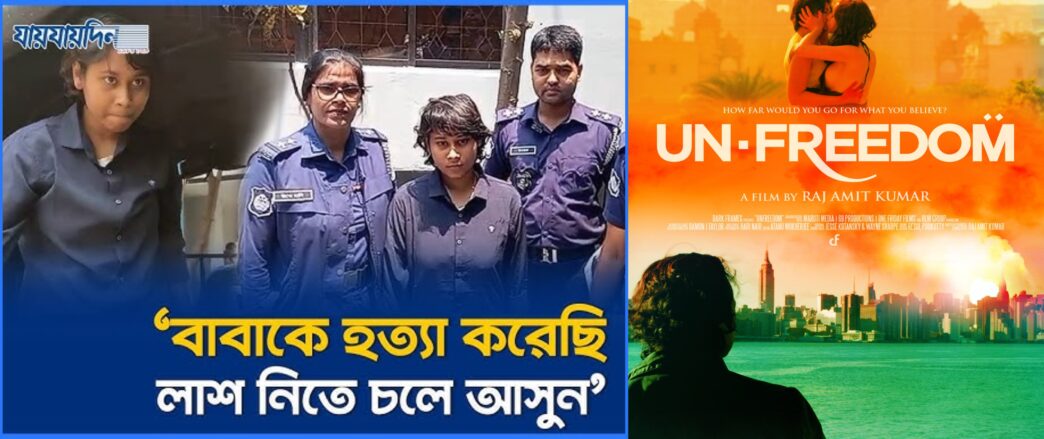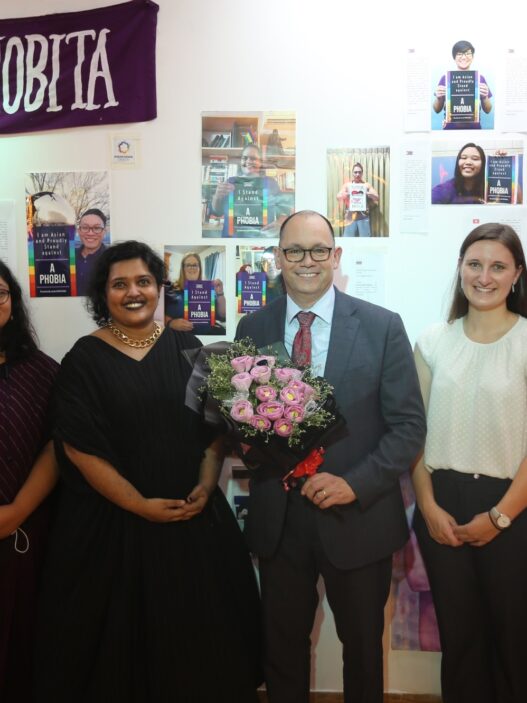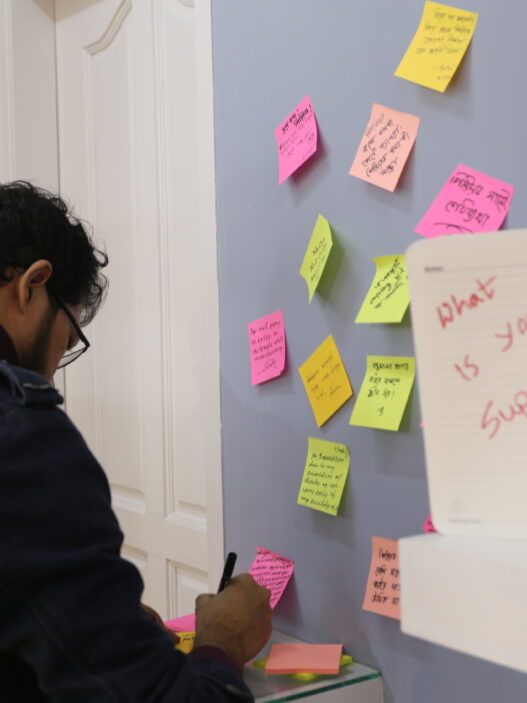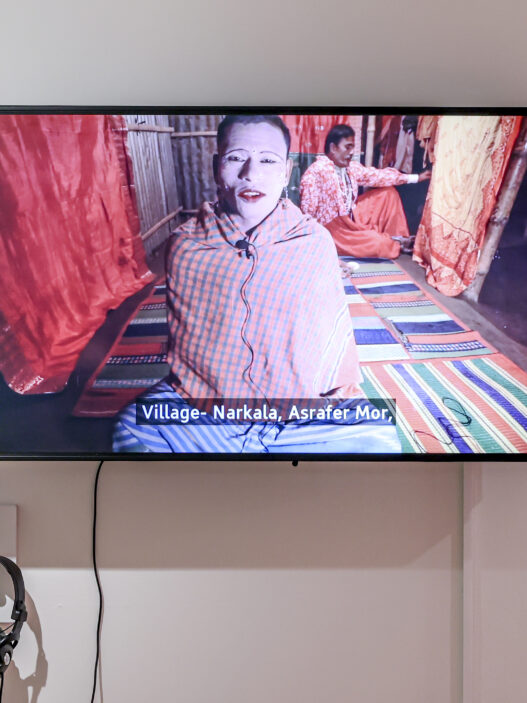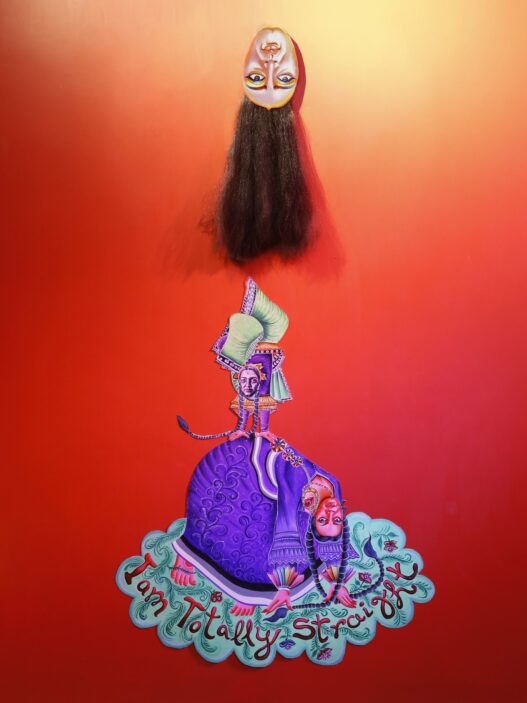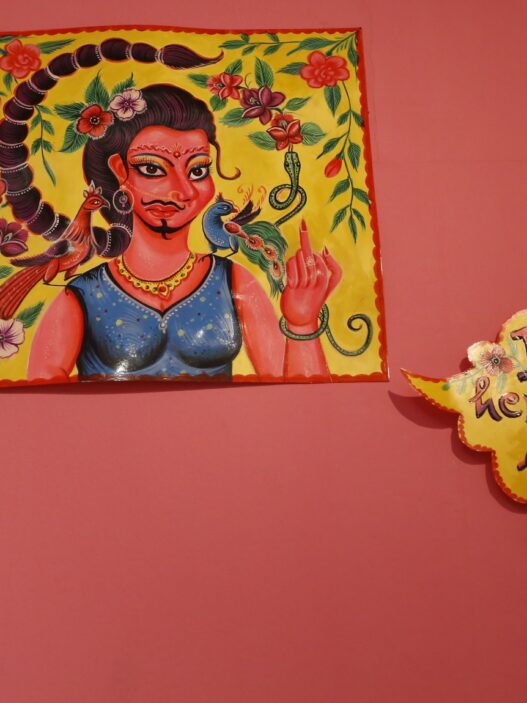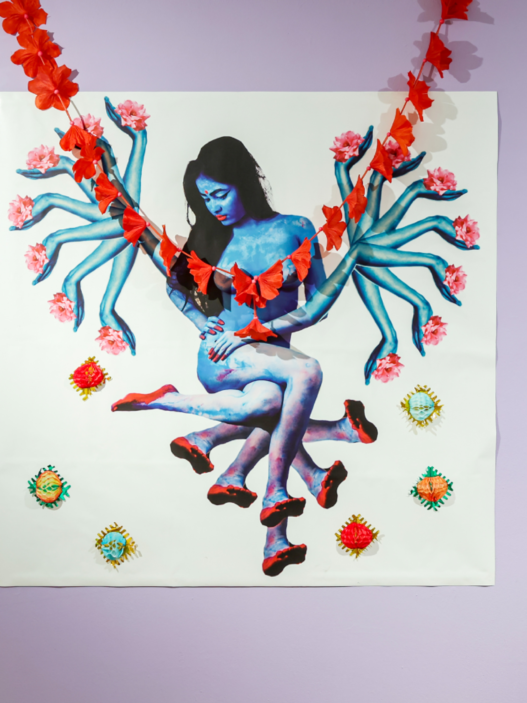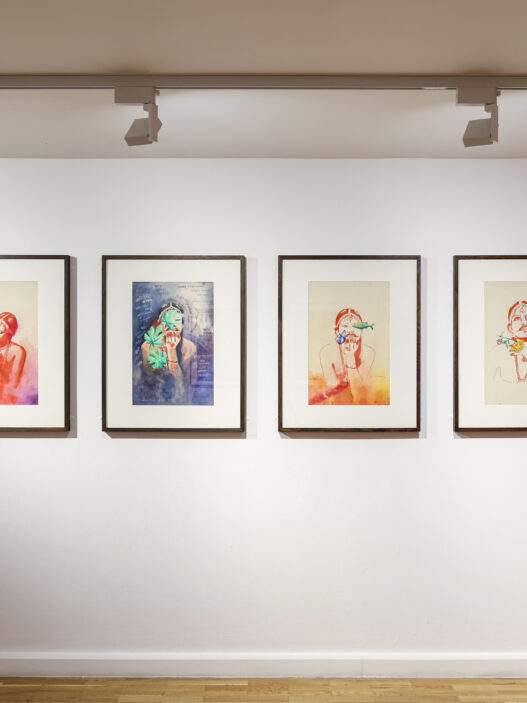I want to begin by saying this: I never condone taking a life — yet her/their face, etched in that final, fragile stillness, won’t release me. There was a haunting serenity in her/their expression, as if, in that suspended breath of time, she/they had finally touched peace.
How did we fail to see it then?
How did we look past that quiet surrender and not fall apart?
Was it the serenity of someone who, after enduring a lifetime of violence, finally reclaimed her/their agency? And in the absence of a transparent and fair justice system in Bangladesh, I am left with only one devastating possibility: perhaps this was the final consequence of corrective rape—at the hands of her/their own biological father.
Today (05.09.2025) in Savar, a 23-year-old woman named Jannatul Jahan Shifa made a call that shook the silence. She/they dialed 999 and told the police, calmly and clearly: “I have killed my father. Arrest me.” She/they did not run. She/they did not resist. She/they waited. And when the authorities arrived, she/they surrendered—with quiet resolve and no sign of regret.
You might now argue that Shifa acted on impulse — but let me ask you :
what alternative did this society ever offer survivor after years of relentless horror?
How would you answer that?
Shifa lives in a city where not a single government-run SAFE HOME exists for women survivors. A city where even a biological woman cannot rent a home without a male guardian!
What choices did Shifa really have?
For nearly four years after the death of her/their mother, Shifa was reportedly subjected to repeated rape by her/their own father. She/they filed a formal complaint at Shingra Thana in Natore and pursued a case against him, determined to seek justice. Desperate to escape the abuse, Shifa reached out to relatives and neighbors—but, as is often the case in instances of intra-family violence, she/they was dismissed as a “BAD GIRL” and left without support. Her/their pleas were ignored. The accused father was granted bail. No meaningful investigation followed. Shifa’s truth was buried beneath silence and stigma.
And then, last night, she/they made a desperate, violent decision.
Still, the state has refused to acknowledge its failure in addressing this rape case filed against her/their father, with whom Shifa was forced to continue living under the same roof, exposed to constant vulnerability. It didn’t even provide her with a shelter home, not even temporarily. Authorities suggest that her/their claims of rape are fabricated—merely because Shifa is perceived as a lesbian or a trans man. That perception alone, in the eyes of many, invalidates her /their story. She/they is painted as a liar, a deviant, a fraud. And so, Shifa’s cries for help—cries that had been echoing for years—were silenced by design.
This is not an isolated tragedy. It is a symptom of something far deeper and darker.
Across South Asia, so many LGBTQIA+ individuals endure sexual violence from childhood—targeted for their gender nonconformity or behavioral difference, punished through what society calls “Corrective Rape.” Corrective rape is not an isolated crime—it is a system of control. It is a method designed to punish, to “fix,” to enforce heteronormativity through brutality. Cloaked in patriarchy, superstition, and silence, this violence is rarely confronted—and almost never prosecuted.

I’m reminded of the banned Indian queer film Unfreedom, based on true events, where a father arranges the rape of his daughter to “cure” her/their queerness. Today’s case feels like a terrifying continuation of that narrative — only this time, it was the Bangladeshi biological daughter who acted. But Shifa’s reality was more tragic then the film. And unlike the character in Unfreedom, Shifa chose not silence, but resistance.
The question now is not just why she/they killed—but why Shifa was left with no other way out.
Her/their final Facebook post, now viral, was not a cry for attention. It was a last act of resistance — a desperate attempt to reclaim her/their humanity. It was not madness. It was what Shifa saw as justice, when justice had failed her/them at every turn. And while her/their words deserve to be heard, I strongly urge people to stop sharing the video. Such content can retraumatize survivors and push those struggling with mental health into deeper crisis.
There is one detail I cannot ignore: in scrolling through media coverage and comments online, I was struck by the judgmental tone of so many Bangladeshis. “Look at how she/they walk — not feminine at all,” many wrote. “Her/their face, her/their eyes — no feminine softness.” As if her/their stride mattered more than her/their suffering. As if masculinity in a woman’s body negated her/their pain.
No one seemed to pause and reflect: this girl took a life, yes — but Shifa did not flee. She/they did not try to hide. She/they smiled and walked calmly with the police.
How many biological men in this country have shown such courage in the face of certain punishment?
Let us not sensationalize Shifa’s suffering.
Let us confront the violence. Break the silence.
Dismantle the systems that enable such horrors.
Because this is not just one story. It is one too many….

